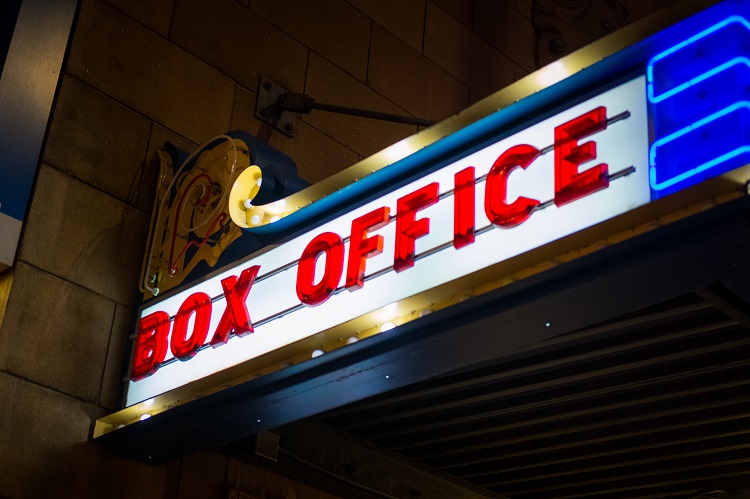With the passage of Ron Paul’s “Audit the Fed” bill in the House recently, monetary policy is once again becoming a mainstream political issue. And it’s about time. For decades, Americans have stood idly by as inflation destroys the value of their hard-earned savings with the sole purpose of pushing economic problems further into the future.
But while Paul and many Republicans like to blame the Federal Reserve, the fact is that inflation has as much to do with your own personal spending habits as it does with Bernanke and his cohorts at the Fed.
According to the BEA, Americans saved an average of 3.9% of their income last May. Over the past several decades, this number has been steadily declining. Indeed, just 30 years ago, the personal savings rate was near 10%, meaning Americans saved almost three times more money than they do today.
While there are various explanations for this decline in personal savings, perhaps the most popular among conservatives is that reckless inflationary policies scare many would-be savers into spending more money to avoid higher prices in the future. Thus, the Fed and big government would be to blame, as only they have the power to legally create money out of thin air.
But another perspective on this decline—while less convenient—is equally plausible and decidedly more ominous. That is, Americans’ failure to save money left little reason for them to actively oppose the inflationary environment that government has always desired. Inflation, then, is a result and not just a cause of Americans’ own personal financial irresponsibility.
For example, Americans who save a portion of their income every year have much to lose to inflation. Indeed, the more money they’ve put away in the past, the more loss they will experience as the Fed expands the money supply and devalues the dollar. Savings do not adjust for inflation.
On the other hand, Americans who do not save have virtually nothing to lose—they have no substantial wealth for inflation to diminish. Yes, their groceries might become more expensive. But wages adjust for inflation all the time, and inflation for spenders is simply nominal—very little happens to their levels of real wealth.
That said, as Americans continue to spend more and more, they will become increasingly less likely to vote against inflation, let alone actively oppose it. And the further they go into debt, the more an inflationary status quo will become desirable. Currently, levels of personal debt and spending in the US are so high that any serious attempt at curbing inflation through legislative means is probably unrealistic. The reality of inflation simply does not hit home for most Americans, despite the fact that its long-term consequences are disastrous.
Of course, Keynesian economists often welcome this increased spending. Too much saving, they argue, is an impediment to economic progress. But saving and investment are the true engines of economic growth, and without a private sector backed by financially sound individuals, sustainable progress over time will remain an economic fantasy.
No doubt, blaming “average Joes” for inflation isn’t as marketable as blaming Bernanke. But when Americans are saving less than four percent of their income, the effects of inflation become palatable—even attractive—to many Americans, and elected officials find the support they need to fund excessive spending with irresponsible inflation.
Congress and the Federal Reserve are not blameless, however. An audit of the Federal Reserve should have happened decades ago, and the ever-expanding government “safety net” discourages rainy day saving. But before you go marching on Washington, make sure your own financial house is in order.
As long as Americans continue to spend themselves into oblivion, inflation will continue to run its destructive course. We are a republic, indeed. Our elected officials must pass our test if they are to remain in power. Thus, as we seek to preserve capitalism, reexamining our own values and habits will be far more effective than blaming those to whom we ourselves give power. Indeed, how much we spend is ultimately up to us—a matter of personal responsibility.
In the end, Congressman Ron Paul puts it well:
We would like to think that all we have to do is elect the right politicians and everything is going to be OK. But the government is a reflection of the people and their values. That is why the burden is on people like you to make sure we have those values.



